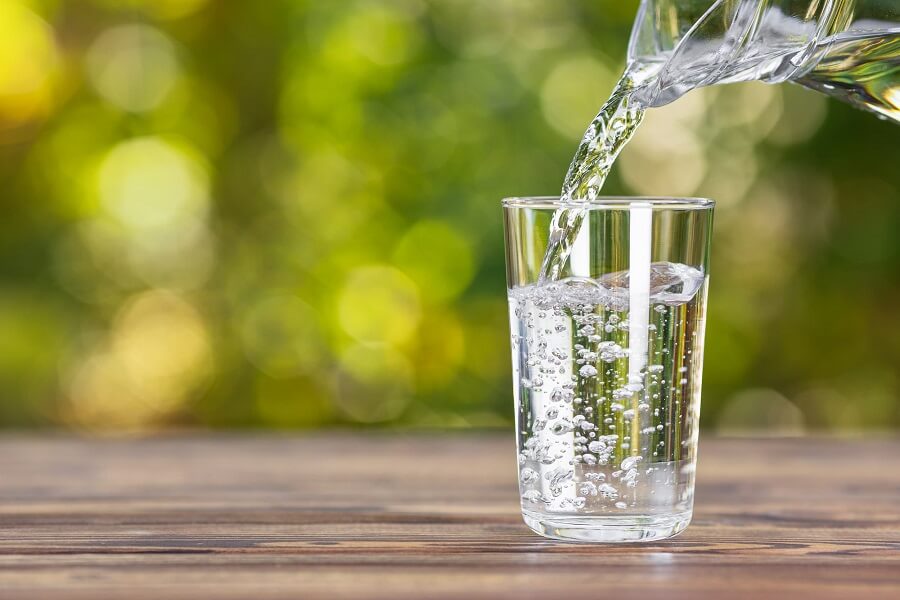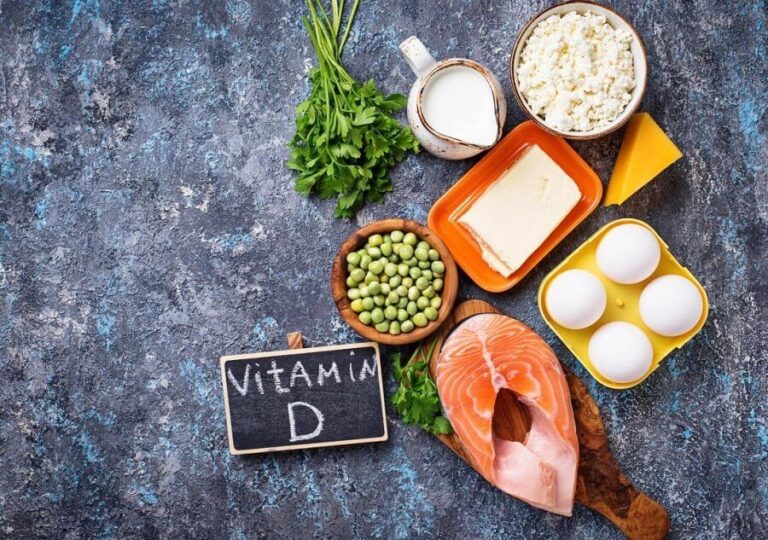The recommendation to drink two liters of water per day is a concept that has been installed in society.
While drinking the correct amount of water is one of the first rules of a healthy diet. It is not true that you have to drink exactly 2 liters of water is ideal.
This article describes how much water to drink per day to stay healthy.
How much water should I drink per day?
The latest studies suggest that setting the amount of water to two liters is not ideal. (1,2,3)
To calculate the amount of water to drink per day, personalized parameters such as physical activity, diet, and emotional state must be included.
This is what is known as the basal metabolic rate.
Although numerous mobile applications have been created to count how many glasses of water per day to drink.
A professional nutritionist recommends calculating the amount of water needed per day by the number of glasses and the type of food included in the diet.
How much water should you drink per day? WHO official tables
According to the WHO, the amount of water to drink per day should be calculated as 1 liter of water for every 35 kilos of body weight. It is essential to know that the amount of water to drink per day must include the content of the food. Fruits and vegetables have a high percentage of water included.
The recommendations support that you have to drink at least two liters of pure water per day (not counting tea, coffee, juice, and other drinks); They are more than 70 years old. It emerged in 1945 based on an FDA publication. This study was the one that made drinking those two liters of water so famous that we all know.
Today, other organizations such as the SENC have updated this figure. We are presenting graphs like the following water pyramid so that calculating the amount of water to drink per day is determined in a more precise and dynamic way.
How much water should I drink per day? Table
The data in the following table were calculated based on current WHO data:
Should I drink more water if I have the flu?
The amount of water to drink per day is more significant when a person has the flu, cold, diarrhea, or fever. In this state, dehydration is more likely to occur as water to drink increases when a person carries out an active physical activity or lives in a hot environment.
Drinking the correct amount of water per day effectively purifies the kidney and improves the absorption of certain groups of vitamins.
When the amount of water lost per day is more remarkable, it must be constantly replenished to ensure the proper functioning of the cells. The amount of water you drink cannot be stored for long periods.
An error in calculating the amount of water to drink can worsen digestion—the chances of causing infections to increase as well as joint injuries due to lack of lubrication.
If a person does not drink enough amounts of water, dehydration appears. This increases cardiovascular work and body temperature. This is a fact that is not particularly recommended for athletes or people with an active lifestyle.
Water vs. isotonic drinks
Drinking sports drinks for professional athletes can decrease water loss. They also provide sugars capable of delivering energy quickly and necessary for a sprint.
Despite this, current studies indicate that drinking water is enough to train for no more than 45-60 minutes. (5) Energy drinks such as Gatorade or Powerade are exclusively recommended for long runs and marathons, especially at high temperatures. In this case, it is advisable to take them about 15 minutes before the race.
ABSTRACT
How much water should you drink per day? The answer depends on body weight and physical activity, diet, and temperature.
According to the official WHO tables, an adult weighing 70 kg should drink 2.3 liters of water, including the water contained in food.
The recommendation to drink two liters of pure water a day (8 glasses) has remained in the past. The amount of water to consume is more significant when a person has the flu, diarrhea, or a cold.
The relationship between water and a correct metabolism is close. An adequate amount of water is essential for the proper functioning of the body.







